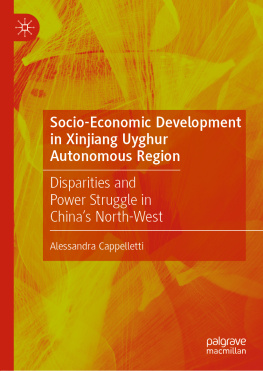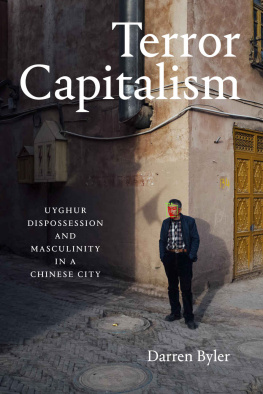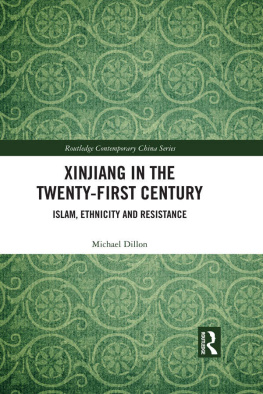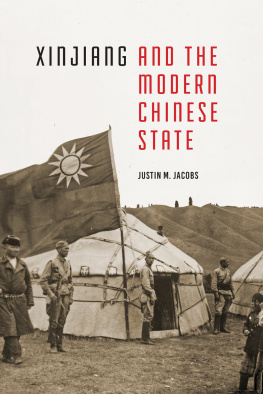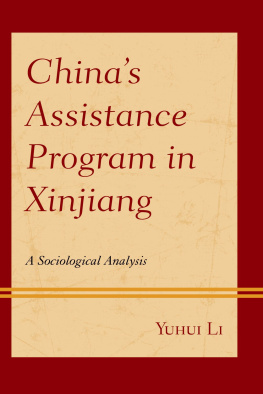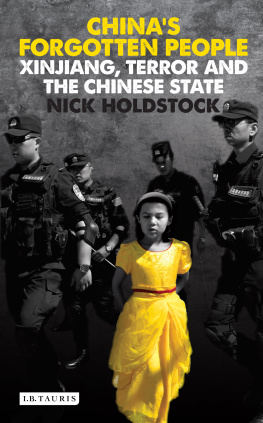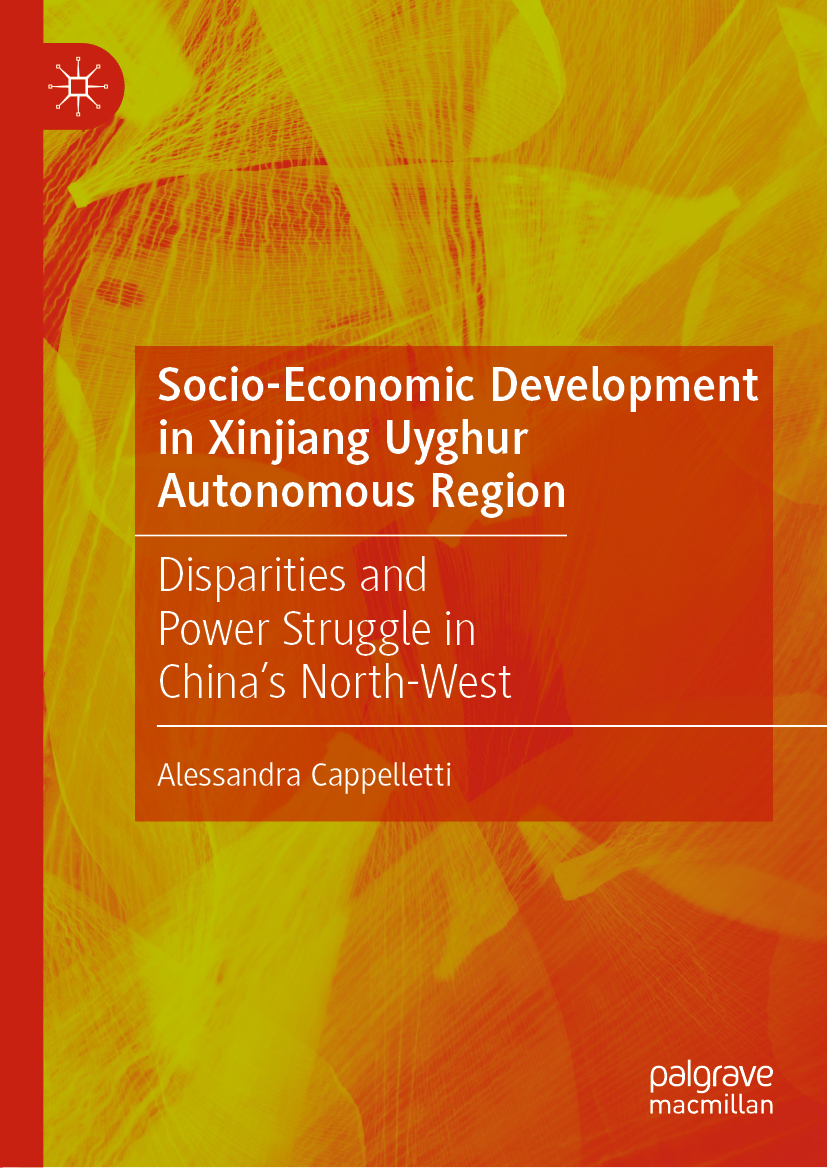Alessandra Cappelletti
Xian Jiaotong-Liverpool University, Suzhou, China
ISBN 978-981-15-1535-4 e-ISBN 978-981-15-1536-1
https://doi.org/10.1007/978-981-15-1536-1
The Editor(s) (if applicable) and The Author(s) 2020
This work is subject to copyright. All rights are solely and exclusively licensed by the Publisher, whether the whole or part of the material is concerned, specifically the rights of translation, reprinting, reuse of illustrations, recitation, broadcasting, reproduction on microfilms or in any other physical way, and transmission or information storage and retrieval, electronic adaptation, computer software, or by similar or dissimilar methodology now known or hereafter developed.
The use of general descriptive names, registered names, trademarks, service marks, etc. in this publication does not imply, even in the absence of a specific statement, that such names are exempt from the relevant protective laws and regulations and therefore free for general use.
The publisher, the authors and the editors are safe to assume that the advice and information in this book are believed to be true and accurate at the date of publication. Neither the publisher nor the authors or the editors give a warranty, expressed or implied, with respect to the material contained herein or for any errors or omissions that may have been made. The publisher remains neutral with regard to jurisdictional claims in published maps and institutional affiliations.
Cover illustration: Marina Lohrbach_shutterstock.com
This Palgrave Macmillan imprint is published by the registered company Springer Nature Singapore Pte Ltd.
The registered company address is: 152 Beach Road, #21-01/04 Gateway East, Singapore 189721, Singapore
Introduction
This book is the outcome of a project aimed at understanding transformations and assessing disparities in the quickly changing Xinjiang Uyghur Autonomous Region (XUAR). The oasis mentioned in the title refers to Xinjiang oasis towns, which are the focus of my research, and to a metaphorical oasis characterized by diversity and energy. An oasis which is disappearing and is becoming something else. The intraregional disparities and land acquisition dynamics are part of what is making this change happen.
I am writing this introduction after a long process of taking distance from the research object and findings, which I needed to interpret and analyze on the basis of the new developments in the Xinjiangs context. A mixture of painful and liberating feelings is currently absorbing me. The deep sense of pain is generated by the awareness that it is becoming more and more difficult to reach out the many Uyghur friends, sources and scholars who have been reference persons for this work, as they are in the middle of a controversial process of ideological re-educationin Xinjiangs facilities, called by the Chinese government vocational and education centers.The sense of liberation comes from the fact that this work is the outcome of fieldworks , reflection and elaboration over the past ten years, and of an overall reconsideration based on recent developments in Xinjiang. In 2007, I was in the region with a confused and probably nave idea that Uyghurs and Hans could not coexist because their respective cultures and ethnicities are too different, that Beijing was the oppressor and that Uyghurs were passive victims. Slowly and gradually, I had the chance to realize that Uyghurs have agency, and that this agency could be a key factor in contexts where power relations are unbalanced. Media reports and secondary sources looking at the situation merely from the surface can be biased and are normally unable to see this agency.
The first time I got off the plane in Urumqi , Xinjiang became a kaleidoscopic and complex place I could not manage to stop thinking of. I left my job in a bank and proposed a Ph.D. project on the Xinjiang Production and Construction Corps because I felt the urgency to enter the region with the possibility to stay for long periods of time, eventually get access to its secrets and understand its deep dynamics. The diversity of the social context, in terms of ethnicity , appearances, customs and cultures was striking, and the creeping conflictual ethnic relations I could sense were in a way disturbing; therefore, I decided to turn that superficial and biased initial understanding into something deeper, a knowledge that could help me entering in a kind of empathetic dimension with the situation, in order to interpret it and, eventually, to be able to give a minor but grounded contribution for trying to improve the state of things. The whole process turned into something more important which determined which kind of person I want to be.
Having the chance to get empirical knowledge, experiencing what people in Xinjiang are living in their daily activities and routine, coping with the same problems they have, turned my initial perspective into both an awareness and a responsibility. It never happened to me before to feel so strongly that what we see and feel at a first sight, merely backed by a superficial knowledge collected from readings and news reports, can be as deceiving and biased such as looking only at a few elements in an unlimited picture. When I have got the feeling that I was like the Zhuangzis frog in the well, never able to discuss the ocean, and that I needed to open my mind on what I was experiencing, I got a sudden awareness of mechanisms and dynamics that I could not see before. Aprioristic concepts led me to automatically categorizing whatever I was seeing, and this way of keeping the eyes wide shut led me to looking at things by adopting a dualistic perspective. It was only when borders and categories fell down, eyes turned wide open and what surrounded us started to permeate me, that awareness started to grow within myself, and I started to feel the responsibility. Too many people were involved in my project, too many took the risk to help me, and they did not ask anything in return. I had therefore a responsibility, and I now realize that this book reflects merely a partial and limited image of their thinking, it is the outcome of my humble analysis and of my subjective interpretation of facts.
What concerned me in particular is how we think of and understand development , a teleological incremental process leading toward a goal which is never really reached, a concept which has been conceived and adopted for political purposes in different societies and cultures, at different times in history. Concepts as urbanization and development , closely interrelated and understood as being the pathway to one another, as well as propagandized and instrumentalized to reflect and adjust to new power relations , are analyzed critically, in order to provide an interpretation of how power and its whole range of declinations in human interactions inform our way to understand peoples personal trajectory, and how it empirically impacts it.
My hope is that this work provides some useful knowledge on the recent socio-political and economic dynamics in Xinjiang , valuable at least to get an understanding of what is going on at the moment in the region.

